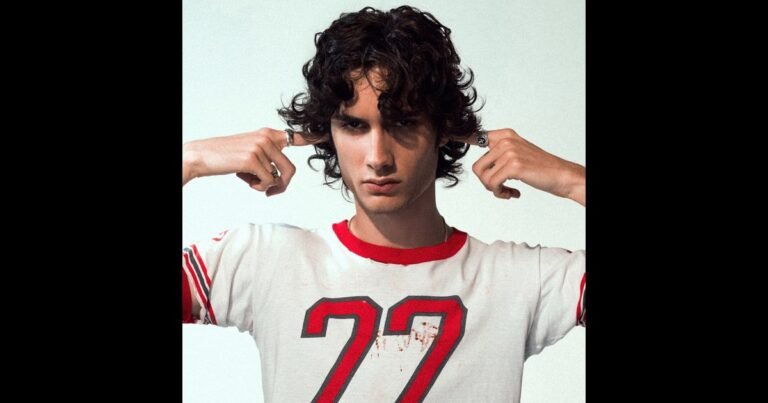Introducation
The phrase “I barely know her” has evolved from a classic pun to a widespread internet meme, often used to inject humor into everyday conversations. This article delves into its origins, how it became a staple in internet culture, and its influence on modern humor.
🎭 Origins and Structure
At its core, the “I barely know her” joke is a pun that plays on words ending in “-er.” The structure typically follows this pattern:
Person A: “Did you hear about the new [word]?”
Person B: “[Word]? I barely know her!”
The humor arises from the phonetic similarity between the word and a phrase that implies a personal relationship, creating an unintended innuendo. For instance:
- “Liquor?” → “Liquor? I barely know her!”
(Phonetic play: “lick her”) - “Poker?” → “Poker? I barely know her!”
(Phonetic play: “poke her”)
This joke format has been widely recognized and used in various contexts, including popular media.
🌐 Evolution into Internet Meme Culture
The joke gained significant traction on the internet, particularly in forums like Reddit, where users shared and adapted it to fit different scenarios. For example:
- “Trainer? I hardly know her!”
- “Banger? I hardly know her!”
- “Router? I barely know her!”
- “Grinder? I barely know her!”
These adaptations showcase the meme’s versatility, allowing it to be applied to a wide range of words and contexts, often leading to humorous and absurd combinations.
🎶 Cultural Impact and References
The phrase’s influence extends beyond internet forums. It has been referenced in television shows and music, further embedding it into popular culture. Notably, in the TV show The Office, the character Michael Scott uses a variation of the joke:
“Miner? I hardly know her!”
This moment exemplifies how the joke has permeated mainstream media, contributing to its enduring popularity.
🤔 Conclusion
The “I barely know her” joke exemplifies how language can be manipulated for comedic effect, turning simple wordplay into a widespread cultural phenomenon. Its evolution from a classic pun to a viral meme underscores the dynamic nature of humor in the digital age. Whether used in casual conversations or as a punchline in media, this joke continues to bring laughter to audiences worldwide.
